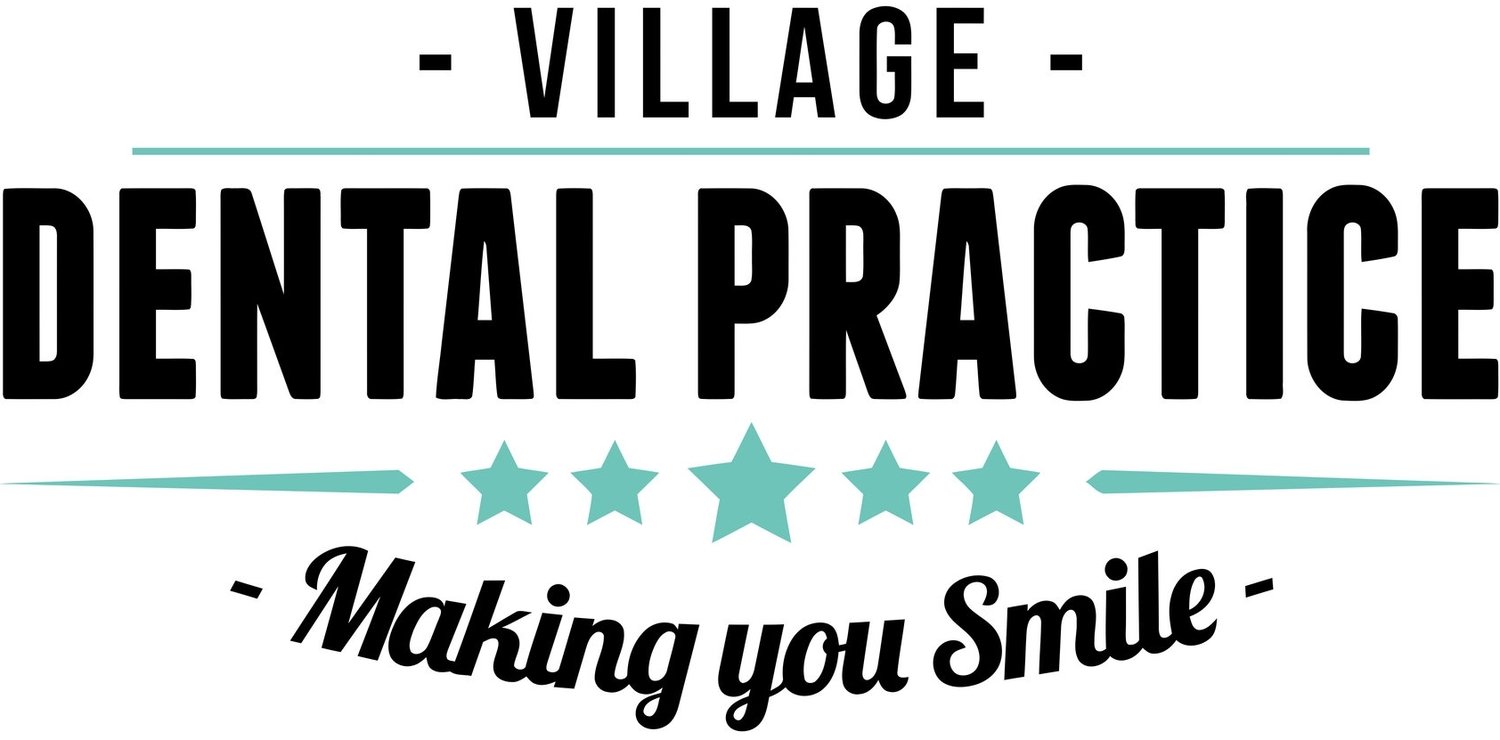If you are looking after a loved one, helping to maintain their dental health can be a difficult subject to broach. Tooth loss and dental disease, along with decreased finger dexterity and general mobility which makes it difficult to properly clean teeth, can all take a toll on an elderly person’s dignity.
Whether you are a family caregiver or a professional carer, you may encounter a bit of resistance initially. However, ensuring oral health is an essential part of caring for an elder’s overall health. Poor oral health has been linked to higher incidence of lung infections and can aggravate existing conditions like diabetes and heart conditions.
Here are a few practical guidelines to help ensure the oral care and support you provide is both effective and kind.
1. Look out for any existing oral conditions
Mouth or tooth pain can leave anyone feeling poorly. In addition, a host of medications can dry out the mouth, adding to the overall discomfort. On the other hand, a healthy mouth means tastier food, better appetite and usually also improved communication.
As you provide support with tooth brushing and dental hygiene, keep an eye on any changes in gum and tooth health. Any bumps, swellings or lesions that do not heal in two weeks, or bleeding and loose teeth are cause for a trip to the dentist or at least a call to your dentists’ practice to seek advice. Regularly ask your loved one if their teeth are sensitive and note any difficulty they may experience when chewing or swallowing.
2. How to help with teeth brushing
Though the level of support you may need to provide when brushing teeth will vary, it is important to make the experience as pleasant and comfortable as possible.
Your loved one might be able to brush their teeth at the sink. In that case, ensure you have a chair positioned in front of the sink and a towel and cup handy. Brushing teeth can easily be done simply sitting up in bed too and rinsing into a cup.
Brush: Using a soft bristled brush, use small round motions to clean each tooth. Also gently clean the tongue. Consider an electric toothbrush as they can be a good option for providing thorough care.
Floss: Floss each tooth, implant and dental bridge. Normal dental floss should work fine but you could also try spongy floss or floss picks to see which works best.
Rinse: Use an antibacterial mouthwash to finish. If the elder you are caring for is unable to rinse with mouthwash, just ask them to spit out any toothpaste into a cup. Don’t worry about remaining residue. If it’s fluoride toothpaste this will actually benefit the teeth.
Dentures: Dentures should be removed at night and cleaned thoroughly daily.
3. Cleanliness after meals and throughout the day
Having frequent sips of water during the day is a great way of keeping the mouth feeling fresh and moist. After meals ensure all food is wiped away and ask your loved one to rinse into a cup to remove any remaining food from their mouth. You could also offer xylitol gum for chewing in between meals.
4. Don’t forget about the dentist
Most dentist recommend that seniors pay their dentist a visit every six months for a dental checkup and thorough clean. This is a good time to raise any general dental health questions you may have, but don’t wait for the bi-annual visit to address any serious dental health issues.
5. A few notes on diet
Often foods that are easy to prepare, eat and chew are also high in sugars and refined carbohydrates. These can not only increase the chance of cavities but will also aggravate other conditions like having a dry mouth. Thankfully there are quite a lot of teeth-friendly and generally more healthy foods options out there.
It’s a good idea to familiarise yourself with elder nutrition guidelines and where relevant to work with the care facility.
